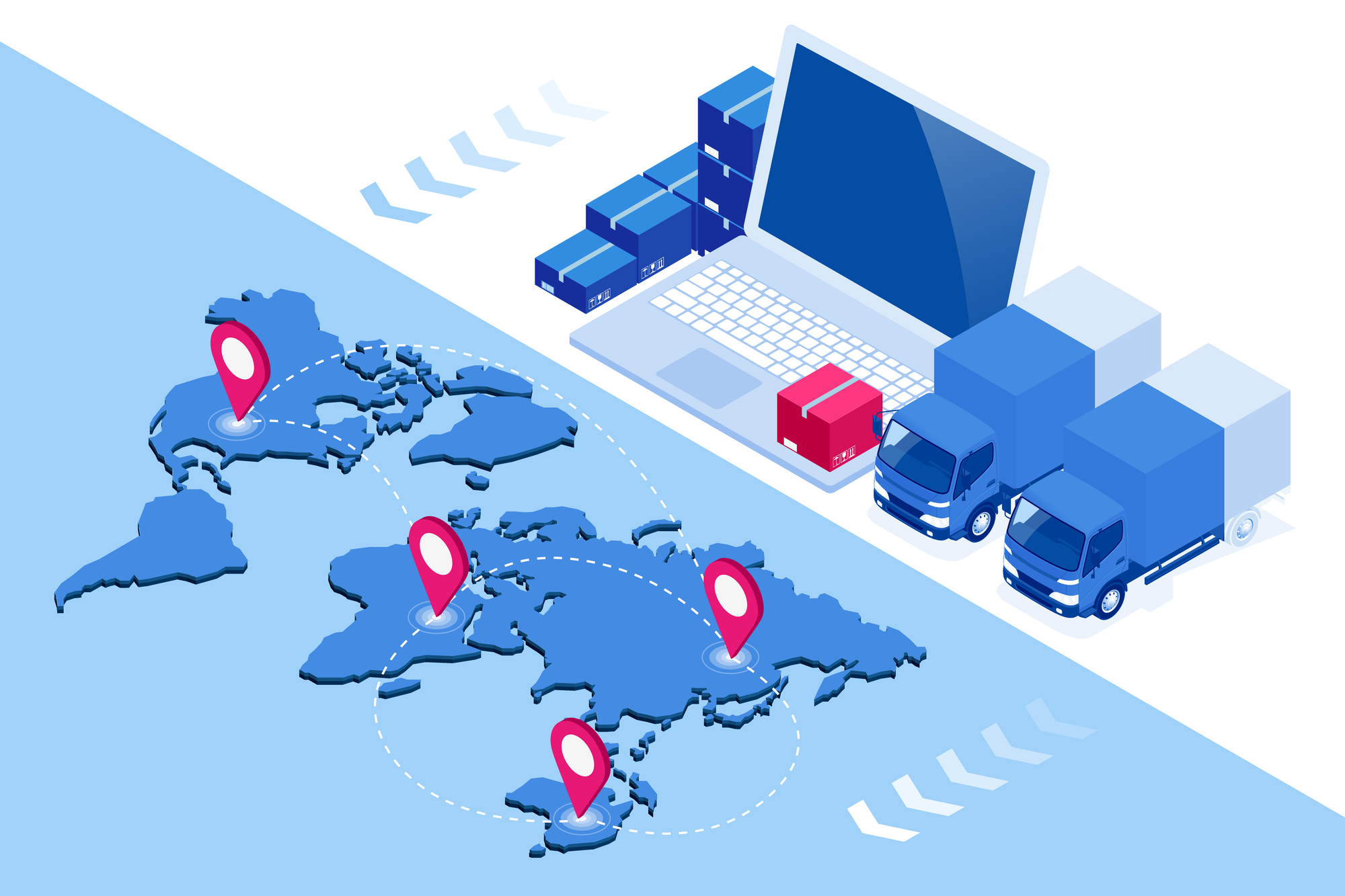Posted by John Delligatti on Fri, 05/22/2020
With digital technology now at the center of every contactless interaction, both individuals and organizations are moving up the technology adoption curve at alarming speed. This global crisis has brought supply chain to the forefront, and organizations who have already embraced digital supply chain solutions by automating some of their processes are the ones who will emerge from the COVID-19 pandemic the strongest. An unexpected result is that everyone and their uncle now understands supply chain at a cursory level, including the implications of lean manufacturing and just in time inventories. It’s hitting home in the form of stock outs of basics like toilet paper, hand sanitizer, and other PPE (a term that many may not have known until this crisis).
Automation to Enable the New Norm
The proliferation of digital technologies in every aspect of life means that companies are more open to accelerating robotic process automation in supply chain initiatives as they adjust to the new normal and look to move beyond COVID-19. Organizationally, we need to find ways of getting business done without everyone physically in the room. Robotic process automation in supply chain helps with this. Businesses can automate certain back office functions and communications so they can focus on more specialized tasks. While employees are at the same time working at home, having Zoom meetings, and trying to home school their children, they have very little time for manual transactions and menial tasks. People are getting more comfortable with and are embracing the adoption of technology at an individual contributor level in their daily work. As a result, RPA in supply chain is becoming more integral to the survival of businesses as customers become more reliant on digital supply chain solutions during the pandemic.
Discovering RPA in Supply Chain Opportunities
Robotic process automation has the ability to reduce errors and manual overrides while cutting administrative and labor costs. Now organizations are relying on RPA in supply chain to maintain supply continuity, manage risk, and provide deep analytical insights.
Because people are collaborating more with the aid of technology, organizations are increasingly discovering new manual processes that are best automated.
And there are numerous excellent opportunities and candidates for robotic process automation in supply chain.
- Contract management and pricing compliance
- Reporting
- Confirming processes
- Normalization of data through artificial intelligence
- Chat bots
- Transfer of data between systems
The Epic Rise of eProcurement Software
While brick and mortar were suffering because of the trend towards eCommerce over the last few years, COVID-19 has accelerated the pace of their downfall. Online platforms and eProcurement Software in b2b have exploded during shelter-in-place quarantines and are penetrating industries previously untouched. Formerly isolated to retail, we now see online catalogs and the use of eProcurement software in industrial environments accelerating out of necessity and because of the increasing lack of on-site personnel available. Many companies are passing live data back and forth specifically via API instead of the old manual processes of flat files, a testament to the appeal of the digital supply chain. This creates a direct link between the eProcurement software or dynamic marketplace and supplier catalogs to allow the free exchange of data. This means business consumers receive the same real-time pricing updates, stock information, and shipping updates that they’ve come to expect in their home lives. It’s a natural evolution—the suppliers who connect with their end users and provide them with the data they need to make decisions ultimately have better sales. .
A silver lining in all of this chaos is that it has created an unexpected turning point where companies are learning and progressing at a pace faster than ever. As organizations have had to improvise in this volatile market, the (brick) walls we used to come up against in digital strategy because people were scared of experimentation have come down. The ways organizations learn from and adjust to the turmoil amidst this crisis, the way they embrace digital supply chain solutions today, will determine their performance when they emerge in the post-COVID world. The digital supply chain solutions they adopt today will prove to give organizations greater agility and help create stronger relationships with the employees, customers and supply partners within the supply chain ecosystem.
As specialists in industrial services and technology, SDI empowers companies to harness the game-changing potential of Industry 4.0 with our ZEUS Digital Supply Chain platform. In addition to powerful data analytics, frictionless eProcurement, and intelligent storeroom technology, we leverage procurement automation and robotic process automation to provide value-added efficiency improvements and enhance the overall customer experience.
To learn how the digital supply chain enables greater agility, speed, and transparency, contact us today.





